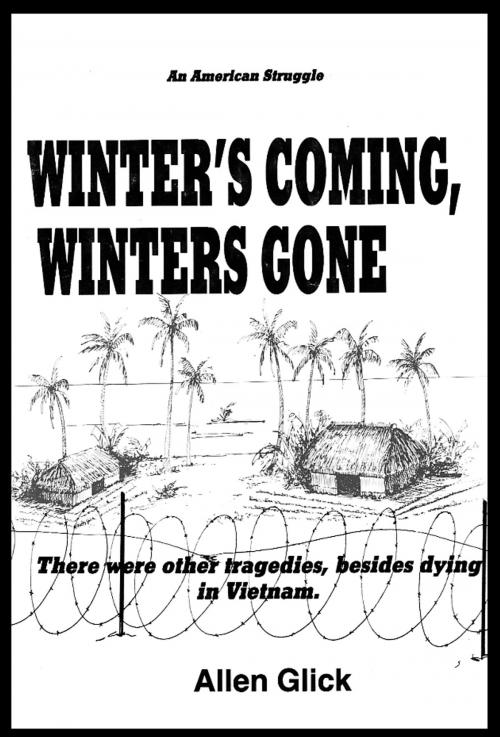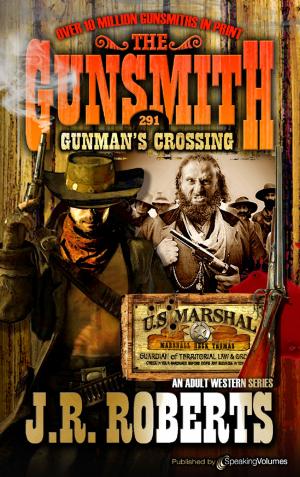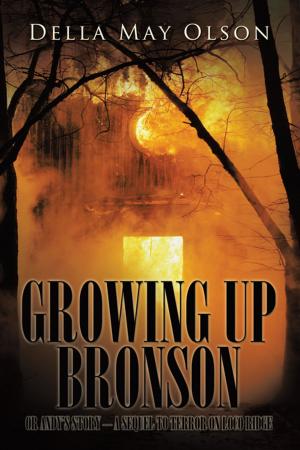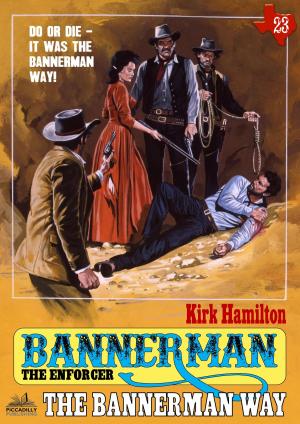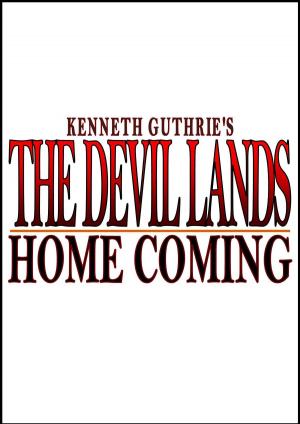| Author: | Allen Glick | ISBN: | 9780984814404 |
| Publisher: | Allen Glick | Publication: | November 8, 2011 |
| Imprint: | Smashwords Edition | Language: | English |
| Author: | Allen Glick |
| ISBN: | 9780984814404 |
| Publisher: | Allen Glick |
| Publication: | November 8, 2011 |
| Imprint: | Smashwords Edition |
| Language: | English |
The Marines portrayed in Winter’s Coming, Winters Gone might have been the kids who lived on your block. But the treacherous jungle war marked them, and estrangement at home set them apart. Winter’s Coming, Winters Gone is a tale of betrayal and broken promises, in Vietnam and America. It is also a story of reconciliation.
The novel depicts US Marines assigned to live in a remote Vietnamese hamlet:
“Outside, the sun was below the level of the windows and the light filtering in was rose-colored and soft, and they could hear the banter of Li’s neighbors, and the quick, high squeal of a hog… soon the peasants would lower their shutters and light lamps or candles. The hamlet would fold up like a curled and sleeping hound, one ear pricked for the fox.”
The book traces an ever-shifting war policy that, at first, brought the Marines and Vietnamese together as friends – only later to make them enemies.
The reader follows two of the survivors home. David Schrader, a Missouri farm boy whose life is irrevocably changed. Mingo Calderone is a Texas Chicano struggling to reconcile the war with his own heritage:
“…Mingo plunged heart and soul into stopping the war, and the effort sustained him. But Schrader was not so resolute. His mind was awash with images of violence – a tide that would swell to prominence and then recede, swell and recede in kaleidoscopic rhythm – for a moment as sharply etched as bodies tumbling in the flarelight, and another moment as blurred and indistinct as grief could color it…
At any time, on any day, he could close his eyes and be back in the jungle. He could smell the decay and feel it brushing his skin. American boys were still dying there, his brothers everyone. It was bitter gall in Schrader’s throat.”
Calderone and Schrader live a life on the edge, in a world of junkies, drug dealers, and violence, carving their niche in the only place they feel at home. It is only when a near tragedy brings Schrader to the brink of disaster that he is forced to confront his own capacity for violence and accept his role in the war.
Winter’s Coming, Winters Gone begins in Vietnam, carries the reader through the turbulent anti-war period, and concludes in Austin, Texas.
The Marines portrayed in Winter’s Coming, Winters Gone might have been the kids who lived on your block. But the treacherous jungle war marked them, and estrangement at home set them apart. Winter’s Coming, Winters Gone is a tale of betrayal and broken promises, in Vietnam and America. It is also a story of reconciliation.
The novel depicts US Marines assigned to live in a remote Vietnamese hamlet:
“Outside, the sun was below the level of the windows and the light filtering in was rose-colored and soft, and they could hear the banter of Li’s neighbors, and the quick, high squeal of a hog… soon the peasants would lower their shutters and light lamps or candles. The hamlet would fold up like a curled and sleeping hound, one ear pricked for the fox.”
The book traces an ever-shifting war policy that, at first, brought the Marines and Vietnamese together as friends – only later to make them enemies.
The reader follows two of the survivors home. David Schrader, a Missouri farm boy whose life is irrevocably changed. Mingo Calderone is a Texas Chicano struggling to reconcile the war with his own heritage:
“…Mingo plunged heart and soul into stopping the war, and the effort sustained him. But Schrader was not so resolute. His mind was awash with images of violence – a tide that would swell to prominence and then recede, swell and recede in kaleidoscopic rhythm – for a moment as sharply etched as bodies tumbling in the flarelight, and another moment as blurred and indistinct as grief could color it…
At any time, on any day, he could close his eyes and be back in the jungle. He could smell the decay and feel it brushing his skin. American boys were still dying there, his brothers everyone. It was bitter gall in Schrader’s throat.”
Calderone and Schrader live a life on the edge, in a world of junkies, drug dealers, and violence, carving their niche in the only place they feel at home. It is only when a near tragedy brings Schrader to the brink of disaster that he is forced to confront his own capacity for violence and accept his role in the war.
Winter’s Coming, Winters Gone begins in Vietnam, carries the reader through the turbulent anti-war period, and concludes in Austin, Texas.
